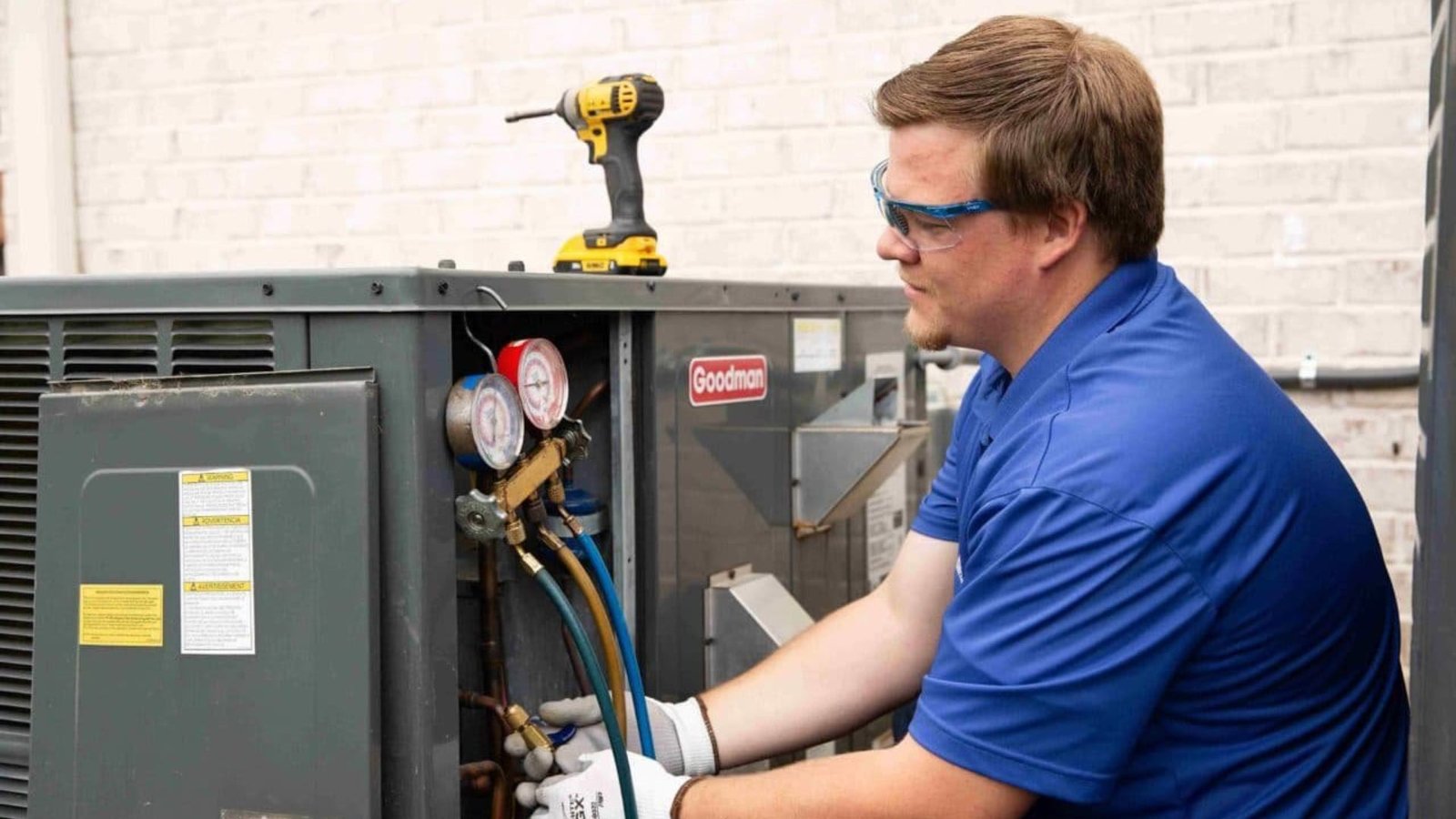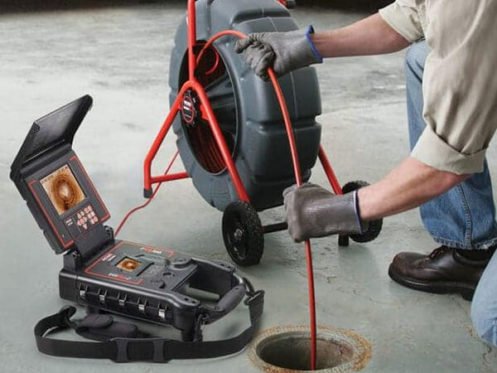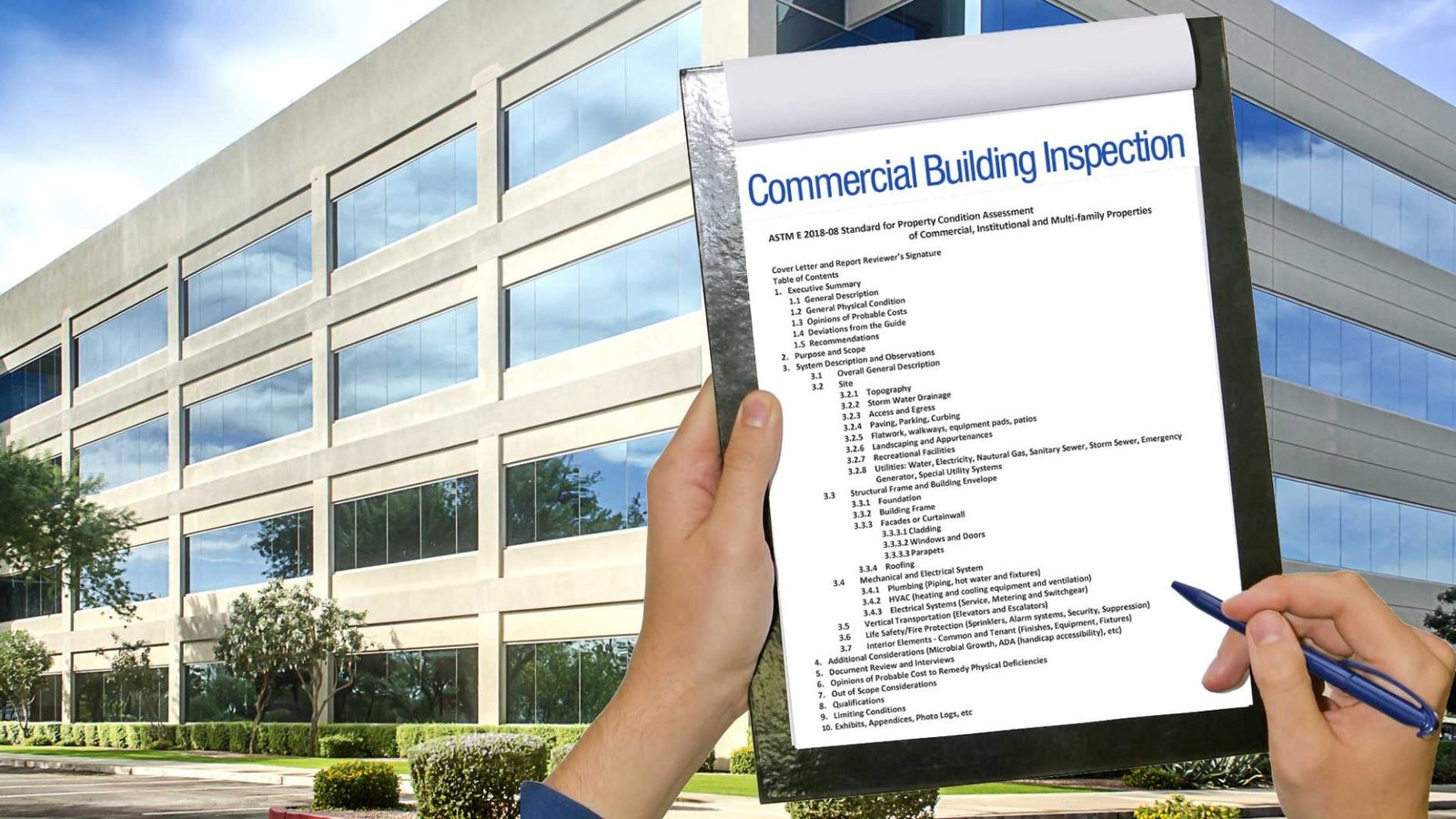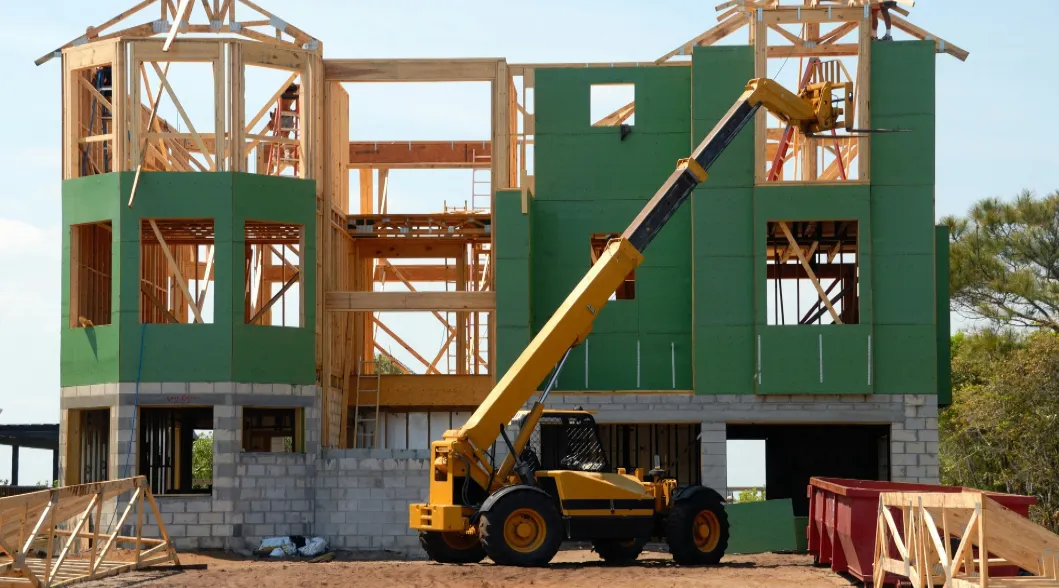Commercial property inspections are essential for identifying potential risks, ensuring compliance with safety regulations, and protecting the property’s value. These inspections often uncover issues that, if left unaddressed, can lead to costly repairs, safety hazards, and legal problems. Whether you own, lease, or manage a commercial property, understanding the common issues found during inspections can help you prepare and address problems before they escalate.
In this article, we will explore some of the most common issues found during commercial property inspections. These problems often involve the building’s structure, systems, and safety features, and it is important to address them quickly to maintain the property’s safety, functionality, and value.

1. Structural Issues
Structural issues are among the most serious problems found during commercial inspections. These issues can compromise the stability and safety of the entire building. Inspectors look for the following structural problems:
- Cracks in the foundation: Over time, settling or shifting ground can cause cracks in the foundation. These cracks can lead to water leakage, mould growth, or even foundation failure if not repaired.
- Sagging or damaged floors: Floors that are uneven or sagging may be the result of structural problems such as damaged beams or weakened supports. This issue can be dangerous and may require expensive repairs.
- Damaged walls or ceilings: Cracks in the walls or ceilings may indicate underlying structural problems, such as issues with the load-bearing walls or beams.
- Roof damage: A damaged roof can cause leaks, water damage, and mould growth inside the building. Inspectors check for missing shingles, damaged flashing, or signs of water infiltration.
These structural issues should be addressed immediately to avoid further damage and ensure the building’s safety.
2. Electrical Problems
Electrical systems in commercial properties must be properly maintained to ensure the safety of tenants, employees, and visitors. Electrical problems are one of the most common issues found during commercial property inspections. These can include:
- Outdated electrical panels: Older panels may not be able to handle the electrical load of modern equipment, which can lead to power outages or even electrical fires.
- Faulty wiring: Exposed, damaged, or improperly installed wiring increases the risk of electrical shock or fires. Inspectors check for these issues to ensure the wiring meets safety standards.
- Overloaded circuits: Overloading circuits can cause overheating, tripped breakers, or even fires. An inspection ensures that circuits are not overloaded and that they are properly labelled and accessible.
- Non-functional outlets: Broken outlets or switches can indicate electrical problems that may be unsafe or inconvenient.
Addressing electrical issues quickly is important to prevent hazards, such as fires or electrical shocks, from occurring in the building.
3. Plumbing Issues
Plumbing issues are another common concern found during commercial property inspections. Leaks, clogs, and water damage can all have a significant impact on the property and its safety. Some common plumbing problems include:
- Leaky pipes: Leaking pipes can cause water damage to the building’s structure, including walls, ceilings, and floors. It can also lead to mould growth and compromised air quality.
- Clogged drains: Blocked drains can result in water backup, flooding, and unpleasant odours. Plumbing inspections ensure that drains are clear and functioning properly.
- Low water pressure: Low water pressure may indicate problems with the plumbing system, such as damaged pipes or a failing water heater.
- Sewer line issues: A blockage or crack in the sewer line can lead to wastewater backups, creating both health hazards and costly repairs.
Commercial plumbing inspections help identify and resolve these issues to avoid water damage, health risks, and costly repairs.
4. HVAC System Problems
The heating, ventilation, and air conditioning (HVAC) system is critical for maintaining a comfortable and safe indoor environment. HVAC problems are common during commercial property inspections and can lead to poor air quality, inefficient energy use, and uncomfortable temperatures. Some issues to look for include:
- Dirty or clogged filters: Dirty filters can reduce the system’s efficiency, lead to poor air quality, and even cause the system to fail.
- Inconsistent temperature: If certain areas of the building are too hot or too cold, it could be due to a malfunctioning HVAC system or improperly balanced airflow.
- Leaking ducts: Leaks in the ductwork can cause loss of heated or cooled air, increasing energy costs and reducing system efficiency.
- Old or outdated equipment: Older HVAC units are more prone to breakdowns and may be less energy-efficient. An inspection can help determine if the system needs an upgrade.
Addressing HVAC problems can improve energy efficiency, indoor comfort, and air quality in the building.
5. Fire Safety Deficiencies
Fire safety is a major concern for any commercial property. A fire can cause devastating damage, injuries, and even fatalities. During a commercial property inspection, fire safety measures are carefully checked for compliance with local regulations and safety standards. Common issues include:
- Non-functional smoke detectors: Smoke detectors are critical for alerting occupants to a fire. If they are not working properly, there is a serious safety risk.
- Expired fire extinguishers: Fire extinguishers need to be inspected and maintained regularly to ensure they are operational in case of an emergency.
- Blocked fire exits: Fire exits should be easily accessible and clear of obstructions to allow a safe and quick evacuation in the event of a fire.
- Lack of fire sprinklers: Depending on the building’s size and purpose, fire sprinklers may be required. An inspection will confirm that they are in place and functional.
Regular checks and maintenance of fire safety systems help ensure that the building is protected in case of a fire emergency.
6. Mold and Moisture Issues
Mould and moisture problems can be hidden but highly damaging to a commercial property’s health and structural integrity. Inspectors look for signs of mould growth or water damage in areas such as basements, bathrooms, and areas around windows. Some common mould and moisture-related issues include:
- Leaking windows or doors: Improperly sealed windows or doors can allow moisture to enter, leading to mould growth and water damage.
- Basement flooding: Poor drainage or faulty sump pumps can cause water to accumulate in basements, leading to mould, mildew, and foundation damage.
- Condensation: Excessive moisture buildup on windows or walls can create a breeding ground for mould.
- Roof leaks: Leaks in the roof can allow water to enter the building, causing significant damage to walls, ceilings, and insulation.
Identifying mould and moisture issues early can prevent long-term health problems and expensive repairs.
7. Pest Infestations
Pests can cause significant damage to commercial property and pose serious health risks. During an inspection, pest infestations are carefully checked for signs of:
- Rodents: Rats and mice can chew through wires, insulation, and other materials, causing damage and spreading diseases.
- Termites: Termites can weaken the building’s structure by eating through wood and other materials.
- Cockroaches and other insects: These pests can contaminate food and pose health risks to occupants.
Pest infestations must be addressed quickly to prevent damage to the property and ensure the safety of the building’s occupants.
Conclusion
Commercial property inspections help identify a wide range of issues that can impact the safety, functionality, and value of a building. Common issues found during inspections include structural problems, electrical hazards, plumbing issues, HVAC system failures, fire safety deficiencies, mould and moisture problems, and pest infestations. Addressing these issues early can prevent costly repairs, improve safety, and ensure compliance with local regulations.
By scheduling regular commercial property inspections, property owners and managers can stay ahead of potential problems and maintain a safe, functional, and valuable property for tenants and employees.




